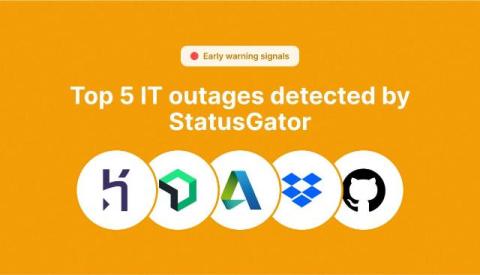Downtime: Understanding and Minimizing Outages
Downtime isn’t just about systems going offline. It’s about how well your business can adapt and keep moving forward. Whether it’s a minor glitch or a large-scale outage, it affects revenue, productivity, and the trust your customers place in your services. For instance, in July 2024, CrowdStrike’s Falcon platform faced an outage that cost Fortune 500 companies $5.4 billion. Businesses that had proactive strategies recovered faster, minimizing the damage.











